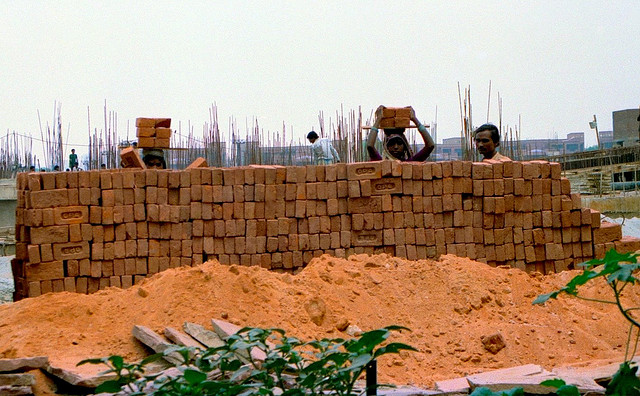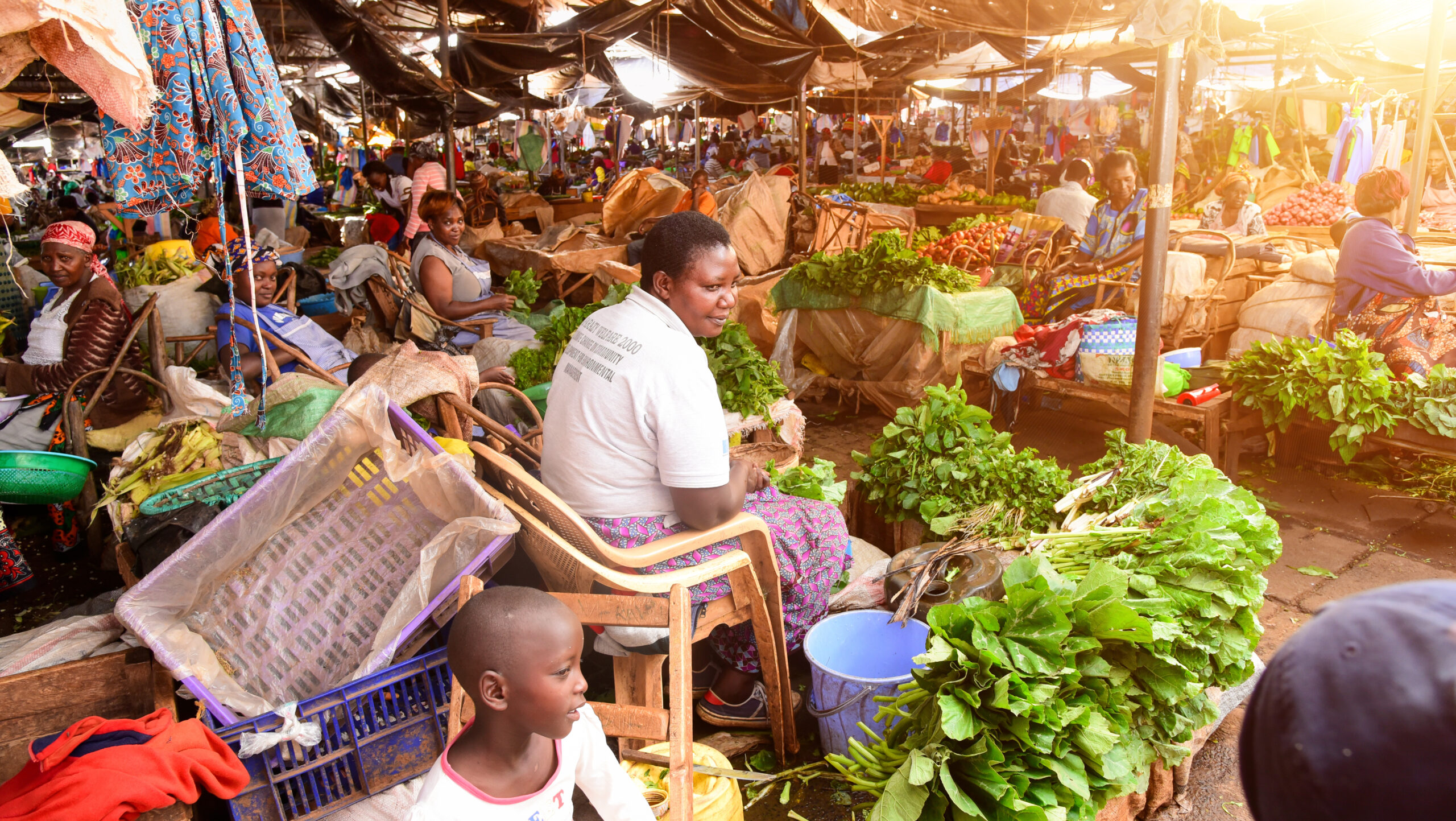The following story was originally published on IFPRI’s Food Security Portal.
Extreme poverty and gender inequality are two of the most daunting challenges faced by the developing world. To tackle these challenges, many policymakers are turning to public works programs. Such programs can help governments provide stable, balanced wages to households in need, while at the same time investing in important infrastructure, like roads and irrigation systems, that can promote economic development in the future. But these programs are not without controversy. Public works programs come with high, sometimes prohibitive, administrative costs, and if not run correctly, can become fertile breeding ground for waste and corruption.
As the largest public works employment program in the world, India’s Mahatma Gandhi National Rural Employment Guarantee Scheme (MGNREGS) can provide important lessons for the development of other such programs. MGNREGS employed 55 million households in 2010-2011 and according to a new IFPRI discussion paper and project note, it has thus far been largely successful, with its benefits outweighing its potential pitfalls. However, these results do not necessarily hold for the country as a whole; household participation and effective implementation vary substantially from state to state.
At its core, MGNREGS is intended to be pro-poor. The program grants rural households up to 100 days of employment per year on various public works projects. The program is self-targeting, meaning that the households themselves choose whether or not to enroll. In theory, households with the greatest need (i.e., poor or unemployed households) should be the most likely to enroll in and benefit from the program. However, socially isolated populations such as scheduled (lower) castes and women may be less well-informed about the program or less able to access employment. Similarly, the program can sometimes suffer from administrative rationing, meaning that eligible households are sometimes denied employment despite their legal right to the work. This can happen for any number of reasons. Households may be excluded due to their social status or personal or political connections; likewise, nepotism and corrupt program officials may play a part. This rationing may prevent poor households from benefiting from the program.
IFPRI’s research examined survey data covering 58,263 rural households from 27 states and found that in over 75 percent of the states studied, MGNREGS targeting was indeed pro-poor. In other words, in the majority of states, the program seems to reach its intended beneficiaries. Poor households were very likely to enroll in the program and apply forMGNREGS employment, and were not often excluded from employment through administrative rationing. However, in the remaining states, the authors found that poor households were not as likely to enroll in the program; they also found that poor households in these states were more likely to be administratively rationed out of the program. Finally, at the national level, the results show that the MGNREGS program does not effectively reach female-headed households, because of both lower self-selection rates among these households and higher rates of exclusion through administrative rationing.
IFPRI’s findings have implications for MGNREGS specifically and more generally, for other public works programs across the world. The fact that the program successfully targeted poor households in the majority of states shows that MGNREGS is an effective tool for improving employment opportunities for the rural poor, thus increasing their incomes and helping to eradicate extreme poverty. However, the results also show that there is still large room for improvement. Knowledge about the program should be more effectively provided to poorer households, particularly those headed by women. It will also be important to crack down on corrupt and inappropriate administrative rationing to ensure that the program actually reaches those it is intended to help.
Read an additional project note focusing on MGNREGS’s impact on welfare and poverty impacts in Andhra Pradesh.







